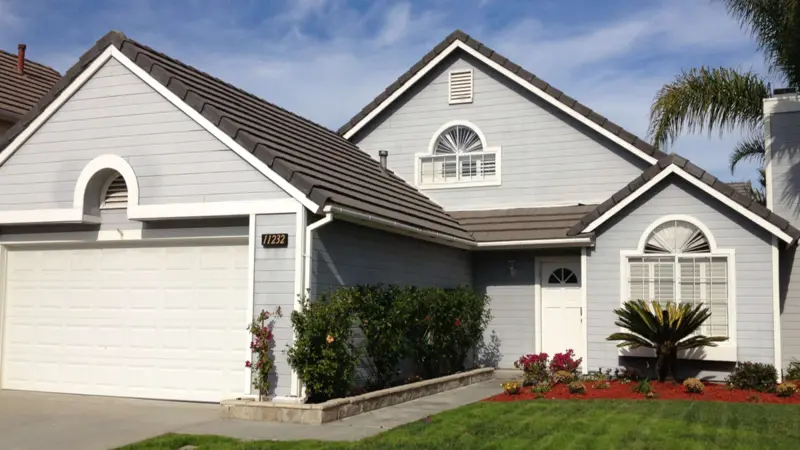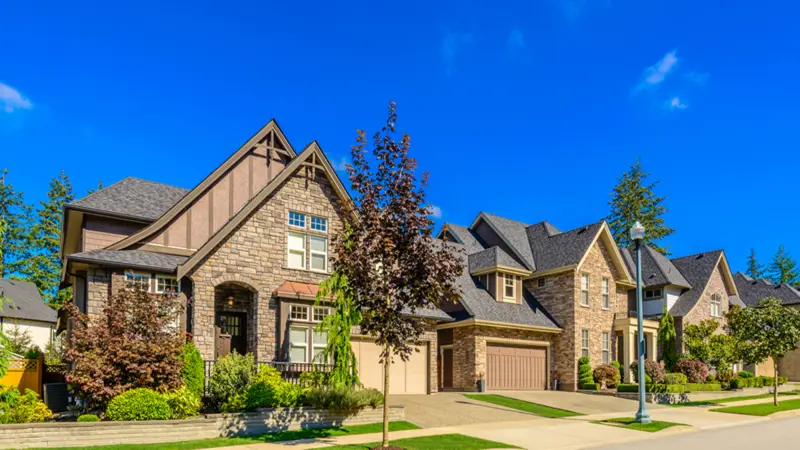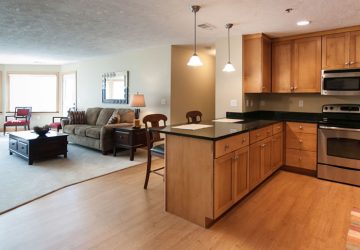Finding the right housing in your golden years is crucial for maintaining your health, happiness, and financial stability. Let's explore options and provide practical advice for seniors.
Senior Apartments: Independent Living Tailored for Seniors
Senior apartments are specifically designed for adults typically 55 or older. Offering amenities catered to senior needs, they promote an independent lifestyle while also providing a community of peers.
Age Restrictions and Social Connections Before applying, verify age restrictions as they can differ among facilities. Importantly, consider the community aspect; strong social networks combat loneliness, a significant problem among seniors.Amenities and Accessibility Focus on features like no-step entries, elevators, and hands-on building maintenance. Extra facilities often include fitness centers, communal dining areas, and event programming.Location Evaluate the area for accessibility to healthcare, grocery stores, pharmacies, and public transportation. Proximity to these necessities can be crucial for seniors no longer driving.Assisted Living: For Those Who Need a Helping Hand
Assisted living bridges the gap between independent living and nursing homes. Residents enjoy personal space with accessible healthcare and assistance with daily tasks.
Assessment of Needs Conduct a realistic assessment of the level of care required. Assisted living communities vary in the services offered, so determining daily needs will tailor your search effectively.Cost and Contracts Analyze costs carefully as assisted living can be pricier than other options due to the added assistance. Understanding what's included in monthly fees versus what incurs additional charges is imperative.Culture and Care Beyond the aesthetics and polite conversation during a tour, spend the time to learn about the staff turnover rate, activity calendar, meal plans, and observe the current residents' level of satisfaction.Affordable Housing: Budget-Friendly Options for Seniors
For those on a fixed income or with limited retirement savings, affordable housing programs exist to ease financial burdens.
Understanding Availability Affordable housing for seniors may include both public sector-subsidized and low-income senior apartments. Familiarize yourself with options like Section 202 supportive housing for the elderly or the Low-Income Housing Tax Credit (LIHTC) properties.Eligibility and Waiting Lists Criteria for eligibility often involve age, income level, and sometimes, disability status. These units are high in demand, so expect waiting lists and apply as early as possible.Extra Benefits Often, these affordable housing units come with additional benefits such as utility inclusion or based-on-income rent. These can offer major savings over time—make sure to inquire about available perks.General Advice and Tips for All Housing Options
Cost-Benefit Analysis Create a detailed list of your financial sources, expected expenses, and your current and projected needs. Matching this against potential housing costs will clarify your viable options.Location and Livability Go beyond just scrutinizing the living space. Evaluate the community, transportation links, local crime rates, access to senior centers, parks, or other focal points pertinent to your lifestyle.Visit and Revisit Always visit the property multiple times during different hours of the day. This will give an unvarnished impression of everyday life and the resident experience.Insurance and Benefits Check Determine which benefits, like Medicare or veterans benefits, may cover some of your housing costs. Good care insurance may cover services in assisted living that regular insurance will not.Legal Counsel Consulting an elder law attorney can prevent any over-arching contractual surprises. With assisted living, particularly, they can help navigate good contracts.Future-Proof Living Spaces Consider your future mobility and health care needs now. Check if your choice adapts with your aging, like installing grab bars or emergency response systems as needed later.Getting Personal Trust your instincts after the sizable research done. A particular housing arrangement may look good on paper, but you must also weigh your personal comfort and feelings about the community.A transition to senior housing is a significant move and should be taken with careful thought and preparation. Mixed with the excitement of a new chapter, there can understandably be apprehension. Taking your peculiar circumstances into the planning phase will guide you to make well-groomed decisions suited to your needs and lifestyles.
May your future living environment contribute to a vibrant, secure, and comfortable retirement. Thinking about senior living now can provde peace of mind, stability, and comfort later on in life.















